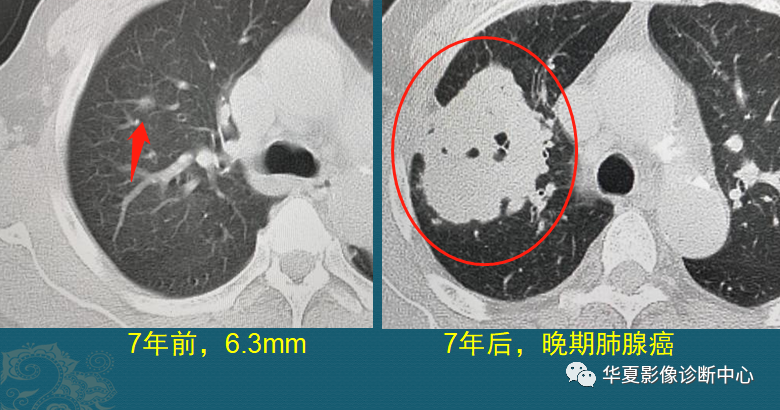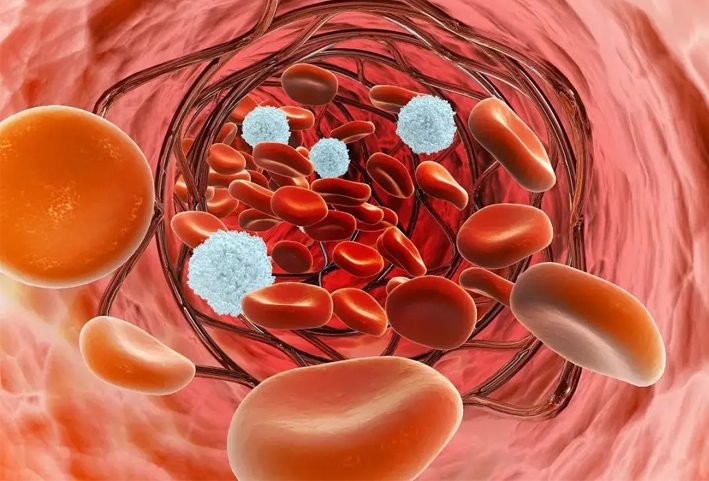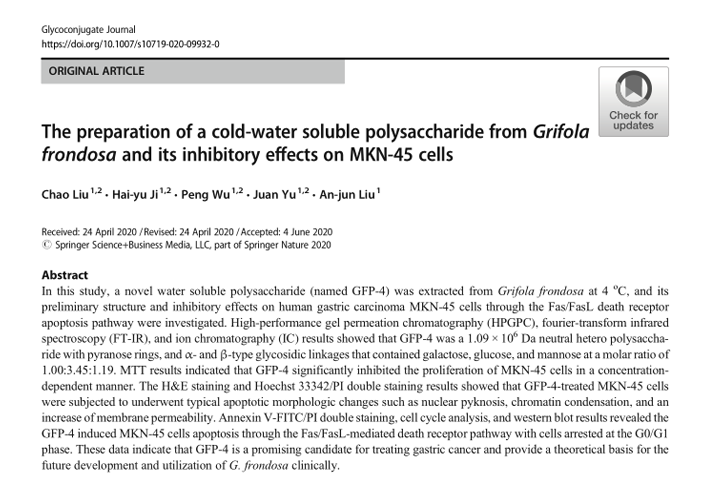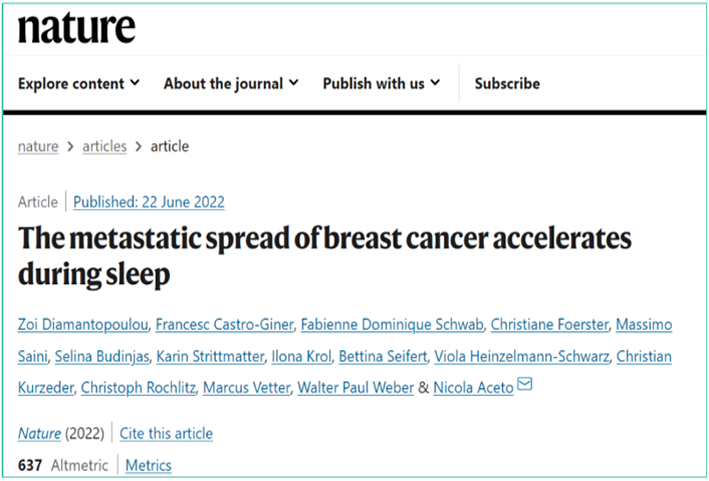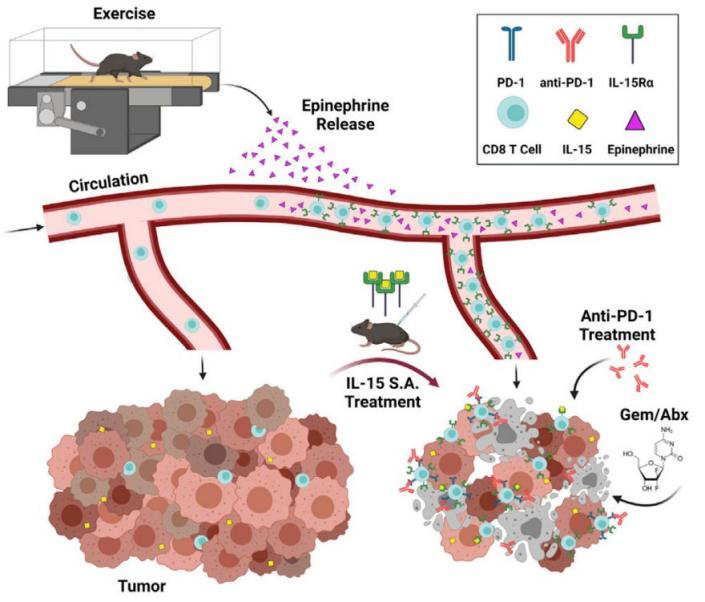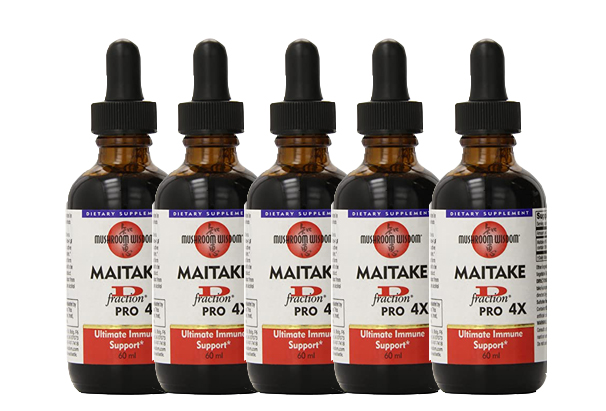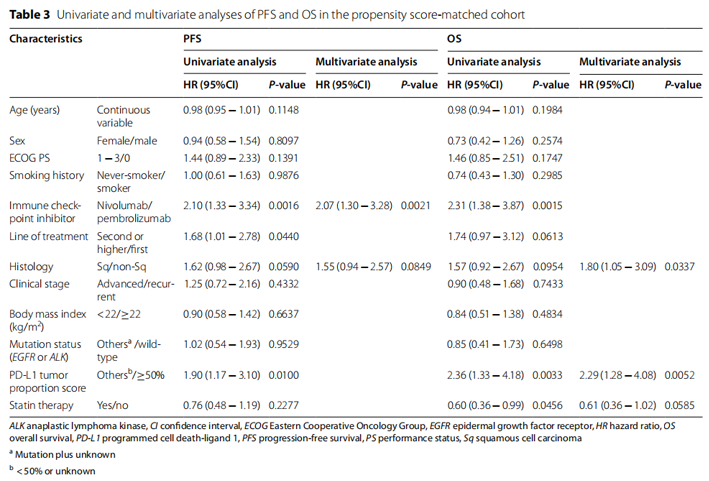In the history of fighting cancer, human beings have continuously developed new treatment methods and drugs, from traditional surgery to radiotherapy and chemotherapy, and then to today's targeted therapy and immunotherapy. With the rapid development of technology and emerging new drugs, tumor patients have brought hope for survival. At the same time, the standardization problem brought by complex diagnosis and treatment methods has also become a challenge in front of us.
November is the "global lung cancer concern month". In the face of lung cancer, the world's highest incidence cancer, Professor Wu Yilong, lifelong director of Guangdong Provincial People's Hospital, Professor Zhang xuchao, director of medical research center of Guangdong Provincial People's Hospital, and Professor Zhai Qing, pharmacy department of Tumor Hospital Affiliated to Fudan University, told the media about the difficulties and Countermeasures of standardized diagnosis and treatment of cancer from the perspective of lung cancer.

Accurate detection is the basis of scientific drug use
Tumor classification is complex. Accurate detection and diagnosis is the basis of treatment. With the popularization of PET-CT and gene detection, more and more choices are put in front of doctors and patients. How to carry out scientific and standardized detection and diagnosis?
Wu Yilong said that when a patient comes to the oncology department, he must first confirm whether the patient has cancer and what kind of cancer through tissue biopsy. The second step is to determine the stage, i.e. severity, through imaging, including CT, PETCT, bone scan, etc. The third step is to select the appropriate treatment method through the work of the first two steps.
In Zhang xuchao's view, the development of precision oncology today is inseparable from molecular diagnosis (including immunohistochemistry and gene detection). "In the era of surgery, radiotherapy and chemotherapy, we don't need molecular diagnosis. Now the situation has completely changed, which is a major change. Molecular diagnosis is of great significance to the standardized clinical treatment of tumors and the standardization of drug use." Zhang xuchao said that from the perspective of domestic and foreign directions and clinical actual needs, it is recommended that every lung cancer patient do molecular diagnosis as much as possible, Priority is given to some subclasses of non-small cell lung cancer.
Extensive molecular diagnosis can help us understand whether this patient has drug targets.
Zhang xuchao stressed that each drug corresponds to a unique target, and gene testing must be carried out before treatment. If you use drugs without testing, it will not only be ineffective but harmful, which will delay the treatment opportunity of patients, but also bring expensive and unnecessary economic costs. Therefore, accurate diagnosis and accurate medication must be carried out. In addition, molecular diagnosis can also help us analyze the drug resistance, recurrence risk and prognosis of patients.
In the field of molecular diagnosis, Zhang xuchao said that there are many key points related to standardization, including sample collection, processing before analysis, management of entering the analysis process, report after analysis, etc. only when each link is standardized and detailed, the test report can be reliable and benefit patients the most. Therefore, it is necessary to fully emphasize the standardized management of the process.
Of course, in addition to emphasizing the standardized operation of all links in the detection process, some inaccurate detection results may be caused by the different technical characteristics of various gene detection methods. Therefore, under appropriate circumstances, patients can obtain more accurate detection results by selecting multi gene detection combined with high-sensitivity single point detection.
In addition, at present, relevant testing institutions and foundations have provided charitable subsidies for gene testing for qualified patients to help reduce the economic burden, so as to encourage more patients to obtain follow-up accurate clinical treatment through scientific and standardized testing.Authoritative guidelines provide evidence for standardized diagnosis and treatment of tumors
In order to promote the standardization of cancer diagnosis and treatment, the National Health Commission issued and updated a series of policy documents to guide and strengthen the standardization of cancer diagnosis and treatment. Wu Yilong introduced that since 2018, the Expert Committee on rational drug use of the National Health Commission has led the formulation of the guiding principles for the clinical application of new antitumor drugs, which will be revised and updated every year. Now it is very mature. "This guiding principle is the most authoritative and has made many detailed provisions, including how to use drugs under specific circumstances, and even how to use drugs under some special circumstances."
Wu Yilong said that professional societies have also issued guidelines. For example, the Chinese society of Clinical Oncology (CSCO), the Chinese anti cancer association and the Chinese Medical Association have issued corresponding guidelines. In particular, the core idea of CSCO guidelines is that drugs or medical technologies verified by randomized controlled clinical trials and approved by national regulatory authorities are preferentially recommended; If it has not been approved by the state, but there are high-level evidence provided by randomized controlled multicenter studies at home or abroad, it can also be adopted as the case may be, taking the value of tumor treatment as the main consideration.
"With the guide and the guiding principles, every doctor is required to learn well and follow it. This is very important. The guide is like navigation. Maybe you can go to the destination without navigation, but there are more twists and turns in the middle and the possibility of getting lost. If you follow the guide, you can reach the destination more easily. Therefore, doctors must follow the guide "All right," said Wu Yilong.
In Wu Yilong's view, with more and more antitumor drugs available, rational drug use has become a major problem to be faced. There are several criteria to follow for how to use medicine well. First, only approved drugs can be considered whether they have been approved by the regulatory authorities. Second, when facing a variety of optional drugs, we should balance from several angles, such as the effectiveness of drug combination, side effects, patients' quality of life and economic affordability. According to these four dimensions, a scoring system can be established to help doctors choose better and more suitable solutions for patients from a large number of drugs.
Zhai Qing said that the survival of cancer patients needs the management of the whole life cycle and the participation of MDT team (multidisciplinary team). Pharmacists can give advice and support to clinicians through pharmaceutical services such as doctor's order reorganization, drug interaction screening and adverse reaction Q & A, so as to jointly complete the whole standardized diagnosis and treatment of cancer.
"Super indication treatment" can not be simply regarded as over treatment
In clinic, sometimes there will be "super indication treatment" and super guideline medication, resulting in some doctor-patient disputes have also become social hot events. How to treat the problem of "super indication treatment"?
Wu Yilong believes that patients and conditions are ever-changing. The guidelines only summarize the overall situation and most situations. Specific to patients, they need to be adjusted according to the guidelines and indications, which is reasonable.
For "super indication treatment", Wu Yilong believes that the term "special circumstances" is more appropriate. Because the approval speed of regulatory authorities often lags behind drug R & D and clinical research, some regulations have been made for the rational application of antitumor drugs. For example, the approved drugs in China have not been approved for a certain indication, but they have been approved internationally, such as the US FDA and the EU EMEA, It can not be said to be over treatment, nor can it be said to be super indication treatment; If no country has approved the indication of a drug, but the results of large multicenter randomized controlled clinical studies have been published in the world, it is also feasible to use drugs in this case.
"The key point is that the doctor must let the patients fully know before taking the medicine, and clearly tell the patients why they consider using the medicine and what the advantages and disadvantages are. The patients can use it only after they accept it. This can reduce doctor-patient disputes." Wu Yilong stressed.
Avoid blindly believing in network information, and doctors and patients should fully communicate
On the road of promoting standardized diagnosis and treatment of cancer, there are challenges from patients themselves, such as cognitive misunderstanding and poor compliance, which will affect the treatment effect.
Wu Yilong said that in clinical practice, the most common problem is that patients are easily confused by network information. If a patient with gene mutation ignores his own disease stage and mutated gene, it is obviously wrong to insist on doing the current popular immunotherapy.
"With the development of Clinical Oncology, there are very strict standards to define what drugs are suitable for what kind of patients, not which drugs are the most popular." Wu Yilong said that some patients are easy to trust the treatment methods searched on the Internet and treat themselves. There are also patients who are reluctant to accept formal treatment after getting sick, resulting in the disease quickly progressing to an irreparable level.
Zhai Qing also encountered similar patients. He did not follow the doctor's advice, blindly believed in the information in the patient group, ignored individual differentiation, and blindly purchased drugs for self-treatment, which brought a lot of risks to drug management.
Zhang xuchao said that some patients do not have high acceptance of gene testing, and some patients hearsay that a targeted drug is effective, and they don't know whether they have this target. Doing so will do great harm. If it is not a drug targeting this target, it will certainly bring harm to themselves.
So, how to reverse the wrong ideas of patients and improve compliance? Experts said that we should fully communicate with patients. "The main way to improve compliance is to fully communicate with patients and do a good job in science popularization and education, so that patients can understand and accept it," Zhang xuchao said.
Source: Xinhuanet
http://www.news.cn/health/20211124/ddafd2d98a8a4255b31a2e17f7c038b3/c.html



